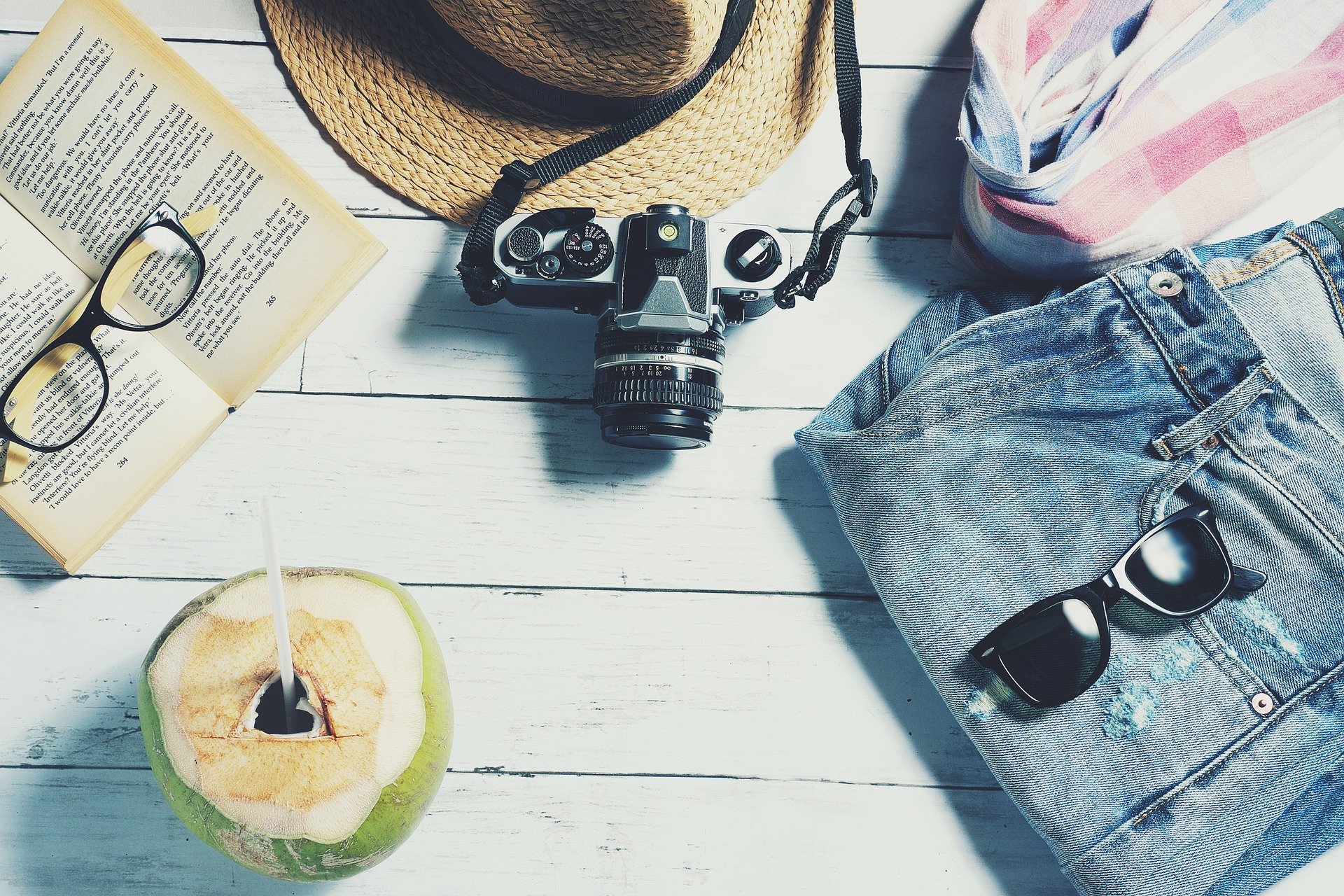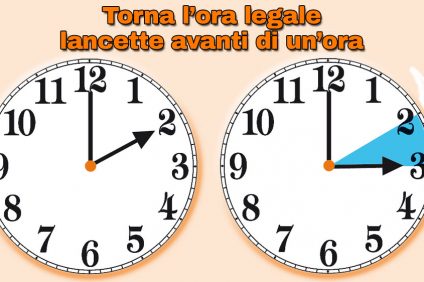Is it possible to travel after the pandemic? Many Italians are asking this now that, once the lockdown phase is over, an attempt is being made to slowly return to normality. Or at least we hope so, aware that we can only succeed by respecting the anti-contagion rules dictated by the Istituto Superiore della Sanità. And so, while many, after the long period of isolation, are finally preparing to leave to reach the tourist destinations so much dreamed of, one wonders what are the measures to follow during the journey, to prevent contagion and limit the risk of spreading the coronavirus. On the other hand, who would ever want their holiday to turn into a nightmare? Here, then, is a series of information and tricks to keep in mind to leave in complete safety.
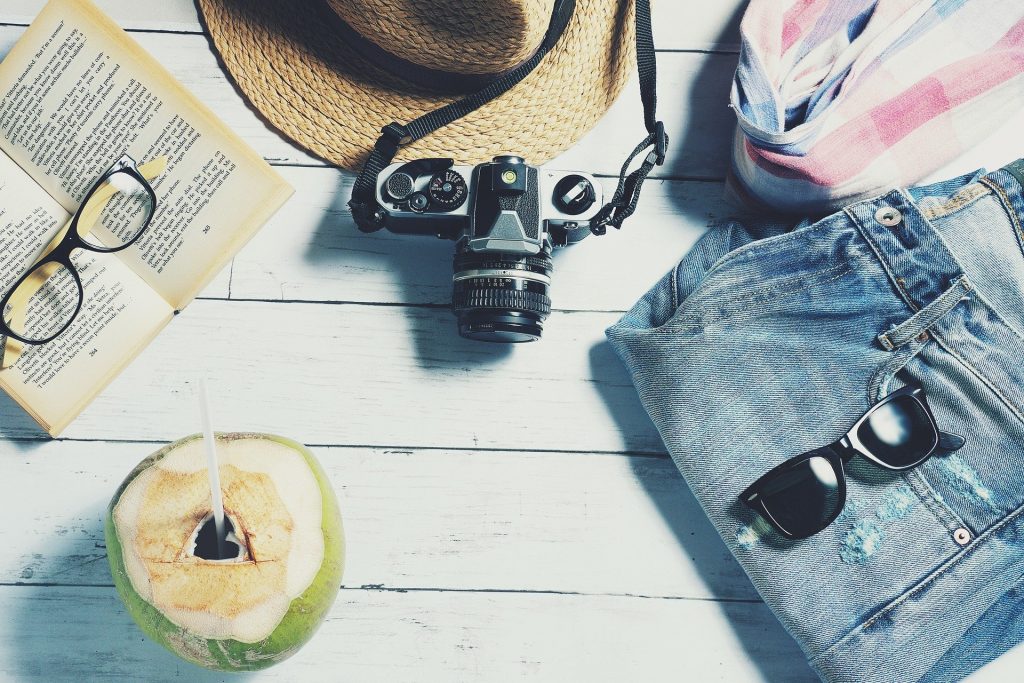
Traveling in Italy, yes, but with awareness
Traveling in Italy is therefore possible, but we must not forget that in some regions new cases of contagion continue to be reported. This must invite caution. "It is essential - reads the website of the Ministry of Health - to keep the awareness of the general population high on the fluidity of the epidemiological situation and on the importance of continuing to strictly comply with all the measures necessary to reduce the risk of transmission such as hygiene individual and physical distancing ".
With the holiday bonus, everything is easier
To encourage the desire of the Italians to leave, the Government took care of the bonus holidays, which was born to revive the tourism sector, on its knees after the coronavirus emergency. The benefit, which can be requested until 31 December 2020, amounts to a maximum of 500 euros and is only available to those with an Isee of less than 40 thousand euros. The amount of the bonus varies depending on whether singles, couples or families are requesting it. These are the amounts foreseen: up to 150 euros for single-person families; up to 300 euros for those made up of two people; up to 500 euros for groups of three or more people).
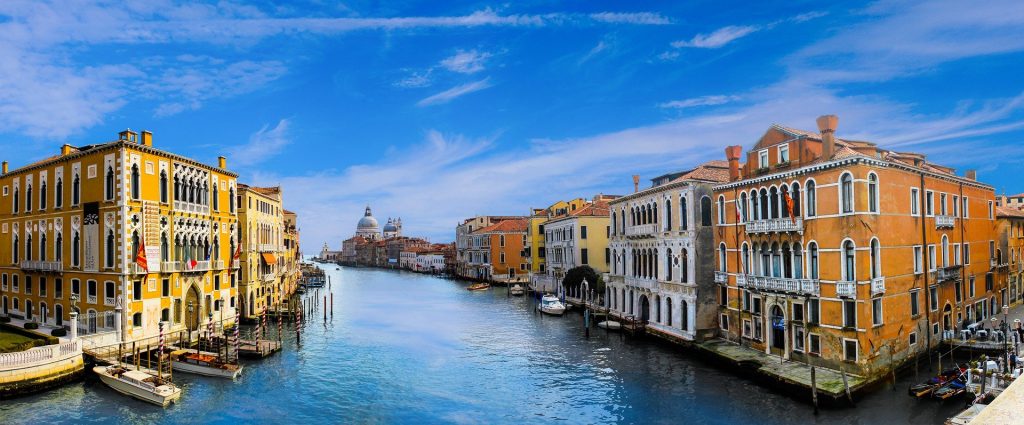
The incentive can be requested through the “Io Italia” application, but it is necessary to have Spid credentials (Public digital identity system) or an electronic identity card. It will be spent in participating accommodation facilities (hotels, campsites, villages, bed & breakfasts).
And in Europe?
As we know, since last June 3, travel to and from the member states of theXNUMX-XNUMX business days. The same applies to the states party to the Schengen Agreement, including the United Kingdom of Great Britain and Northern Ireland, Andorra, the Principality of Monaco, the Republic of San Marino and the Vatican City State. Entry into Italy from states not belonging to the EU, nor to the Schengen agreement, continues to be allowed only in cases of proven work needs and reasons for study, absolute urgency, health reasons.
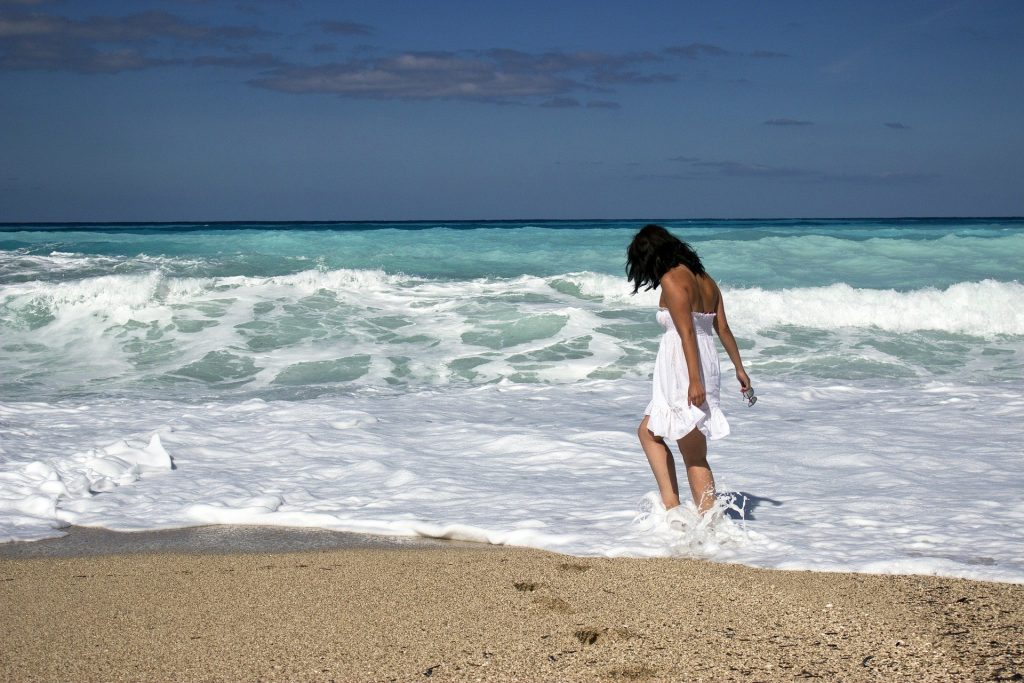
Travel safely with EU guidelines
Precisely in the field of travel, the European Commission presented a package of guidelines and recommendations to member countries. The Commission establishes the criteria for the safe and gradual restoration of tourism activities, but also for the development of health protocols for hotels and other forms of accommodation, aimed at protecting the health of guests and workers. For a trip as safe as possible, the European Union proposes a whole series of measures. To travelers, for example, he suggests avoid gatherings by purchasing tickets and checking in online. It also invites you to wear a mask when it is difficult to maintain a safe distance; to respect social distancing during security checks and boarding, baggage storage and collection.
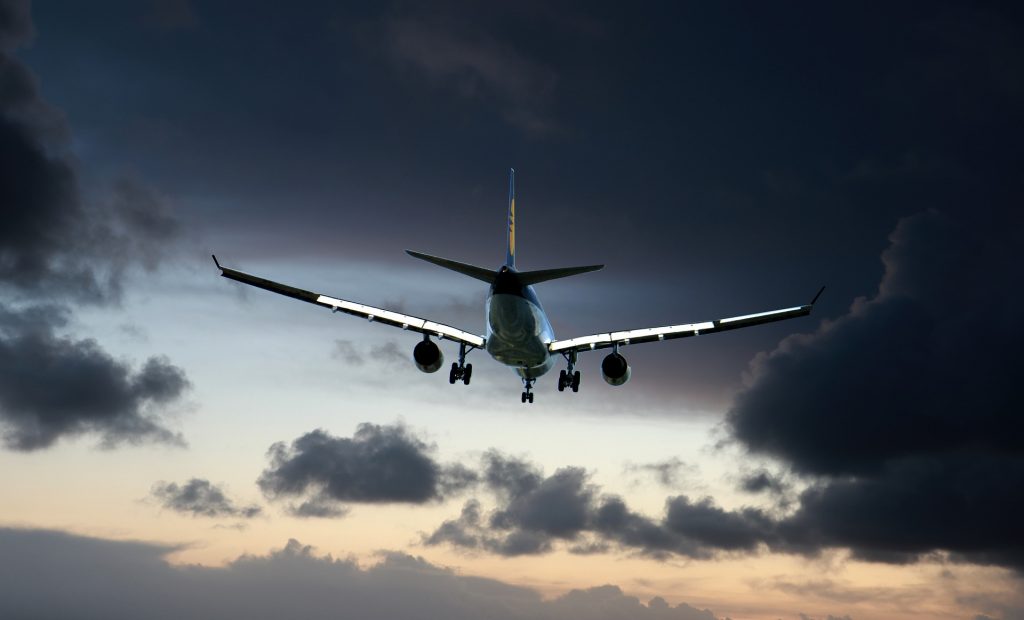
As it regards instead airports, stations e ports, these should ensure regular cleaning and disinfection and provide sanitizing products on board the means of transport. On the latter, adequate ventilation should be ensured and passengers should be avoided touching buttons or handles.
Traveling to and from abroad, some limitations
A few days ago, the ordinance signed by the Minister of Health Roberto Speranza, which establishes the prohibition of entry and transit in Italy to people who in the previous fourteen days have stayed or passed through the following countries: Armenia, Bahrain, Bangladesh, Brazil , Bosnia Herzegovina, Chile, Kuwait, North Macedonia, Moldova, Oman, Panama, Peru, Dominican Republic. To allow for an adequate level of health protection, direct and indirect flights to and from the aforementioned countries are also suspended.
Traveling with caution and in compliance with the rules
To offer greater safety to travelers, railways, airports and ships are equipping themselves to the best of their ability, first of all to allow people to distance themselves and keep the environments constantly sanitized. On long-distance trains and at airports it is mandatory to measure temperature for everyone. If above 37,5 degrees, entry on board will not be allowed. When traveling by car, only one driver is allowed in the front seats and a maximum of two passengers in the rear seats, both arranged on the sides, to ensure a distance of one meter, with the obligation of the mask for the entire journey. These rules do not apply to members of the same family.

The accommodation facilities must also be able to protect their guests from any risk of contagion, above all by carrying out regular cleaning, disinfecting the surfaces and ensuring a good ventilation system. Having said that, we can easily say that traveling after the coronavirus is possible, but always keeping the attention on possible risks high and putting into practice the recommended guidelines. So, have a good trip to those who will leave. And don't forget to pack the masks and hand sanitizer gel in your suitcase, now inseparable companions of every day, essential for facing a peaceful holiday.

